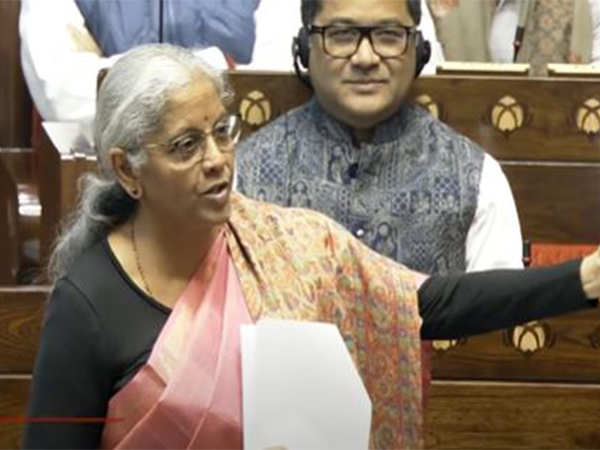Sitharaman Criticizes Historical Constitutional Amendments by Congress
Finance Minister Nirmala Sitharaman criticized Congress leaders, including Nehru and Indira Gandhi, for past constitutional amendments aimed at retaining power rather than bolstering democracy. She highlighted the restrictions on freedom of speech introduced during the interim government and further discussed key amendments, such as the controversial 39th and 42nd Amendments.

- Country:
- India
In a heated session imitating the constitutional debate in the upper house, Finance Minister Nirmala Sitharaman launched a robust critique against former Congress figureheads, including Jawaharlal Nehru and Indira Gandhi. She argued that the constitutional amendments they spearheaded aimed more at fortifying their grip on power than at fostering democracy.
Sitharaman provided historical context, noting the aftermath of World War II when over 50 nations gained independence, many of which dramatically overhauled their constitutions, while India's remained resilient. She pointed to the first Constitutional Amendment Act of 1951, passed under an interim government, which expanded Article 19 (2) to restrict freedom of speech on grounds like public order and foreign relations.
Highlighting a series of judicial and legislative events, Sitharaman discussed the restriction of freedoms, citing that notable High Court judgments upheld expression rights that the interim government later curbed with the first Amendment. She further criticized the 39th and 42nd Amendments during Indira Gandhi's regime for consolidating power rather than supporting democratic principles.
(With inputs from agencies.)










